Britons are urged to check local guidance if visiting Croatia as there are ongoing disruptions to flights.
The Foreign, Commonwealth and Development Office (FCDO) has shared new advice.
It said: “There is ongoing disruption to flights at Split Airport. There may be delays to flights, monitor for any messages you may receive from your airline.”
Those using the airport should regularly check their flight and with their airline for the latest information.
 Britons have been given advice if visiting CroatiaGETTY
Britons have been given advice if visiting CroatiaGETTYSplit is a much-loved destination for tourists thanks to its historical buildings and beautiful beaches.
Not only is it brimming with history, there are plenty of bustling restaurants and bars to grab a relaxing drink or meal.
The Government body has shared further advice for anyone visiting Croatia, including the latest safety and security warnings. It said “crime levels are low and violent crime is rare” in Croatia.
However, there are some threats tourists should be aware of. The FCDO said: “Tourists have been overcharged at certain ‘gentlemen’s clubs’, sometimes by thousands of euros, and threatened with violence if they refuse to pay.
“Pickpockets operate in tourist areas. Avoid carrying large sums of cash, do not leave valuables unattended and use hotel safes if possible.
“There have been reports of sexual assaults in taxis in Croatia. To reduce risk and help prevent potential assaults – take a photo of the inside, where the number of the taxi is visible, and send it to a friend or someone else, share your ride status on the taxi app and make a call while in the taxi telling someone which taxi it is and where you are going.”

Croatia is a popular holiday destination
GETTY
Holidaymakers were told: “Children aged 17 and under travelling to Portugal alone, or with a person who is not their parent or legal guardian, must either be met at the airport or point of entry by their parent or guardian or carry a letter of authorisation to travel from their parent or guardian. The parent/guardian’s signature must be certified by a solicitor or notary.
“Make sure the letter includes the child’s dates of arrival and departure, the address where they will be staying, the name of the adult in Portugal who will be responsible for them during their stay, the full names, dates of birth, passport numbers and contact details of the parent or guardian and the parent or guardian’s signature and date of issue.
“If you bring a child to Portugal without a properly certified letter of authorisation, your entry will be delayed and may be refused.
“Teenagers aged 17 and under who travel alone, or with friends of the same age, and who are not being met, may be refused entry if they do not have a letter of authorisation.”




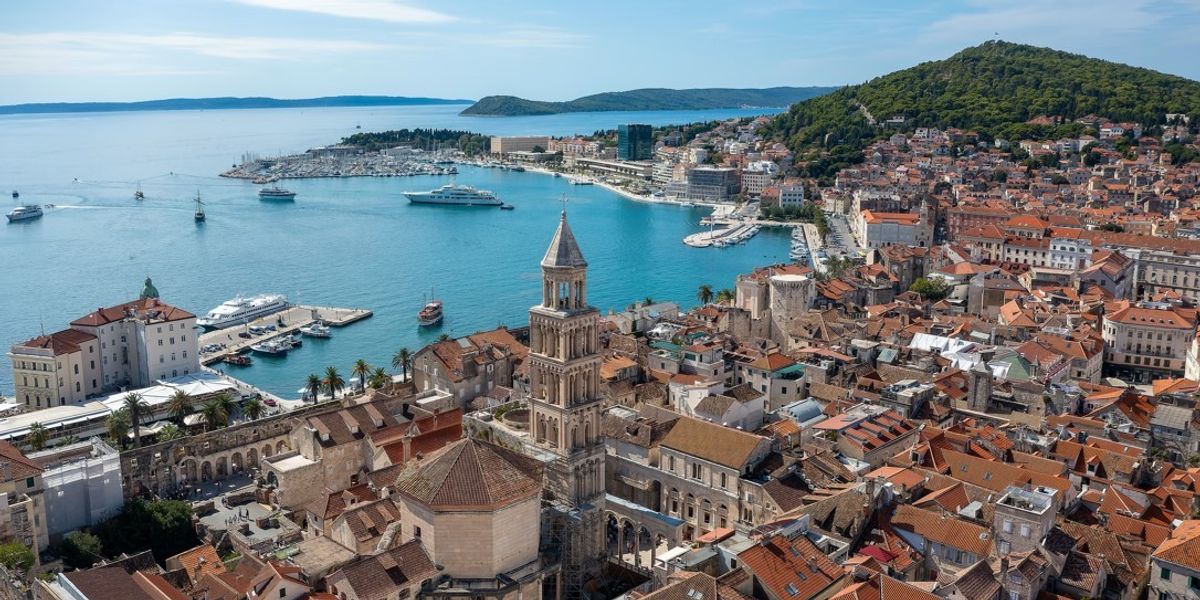
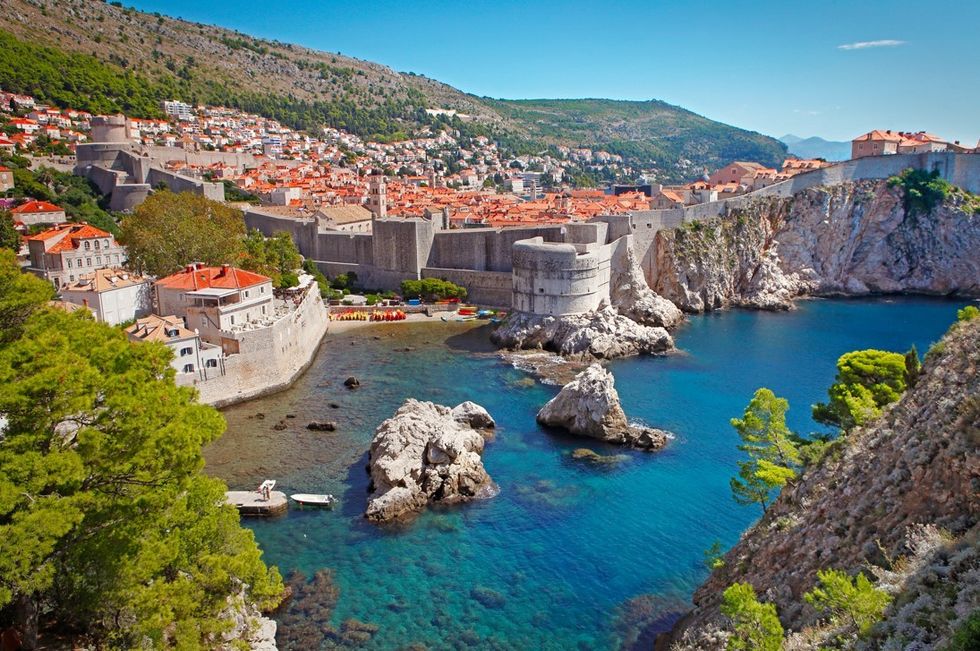 Britons have been given advice if visiting CroatiaGETTY
Britons have been given advice if visiting CroatiaGETTY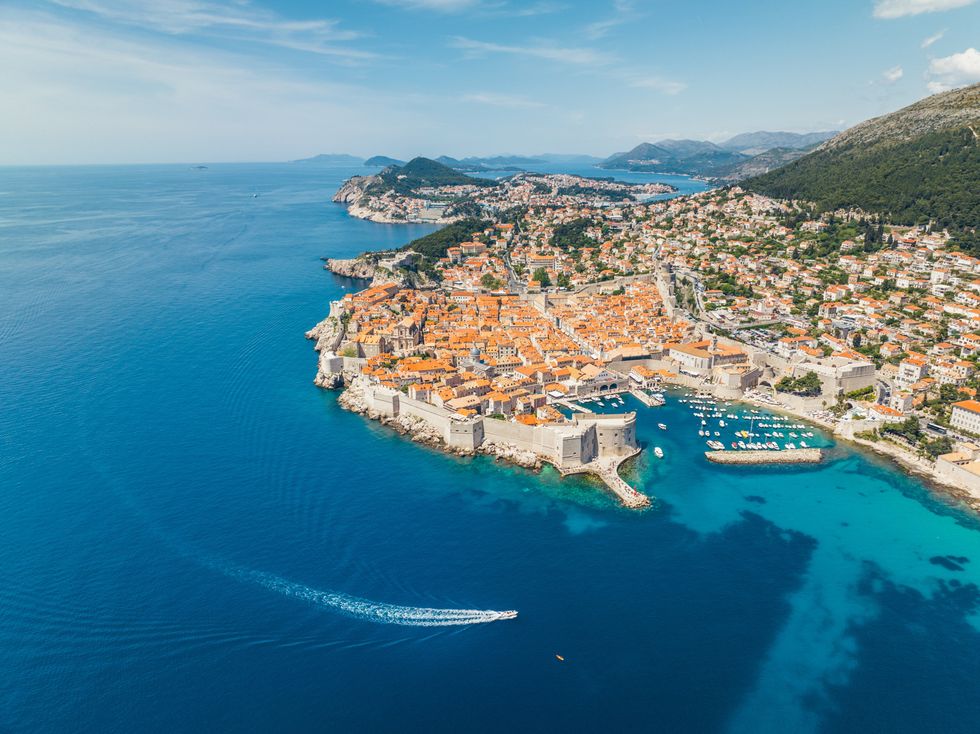

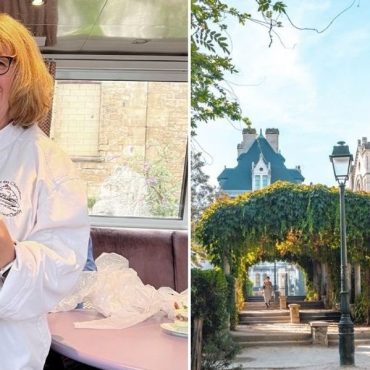
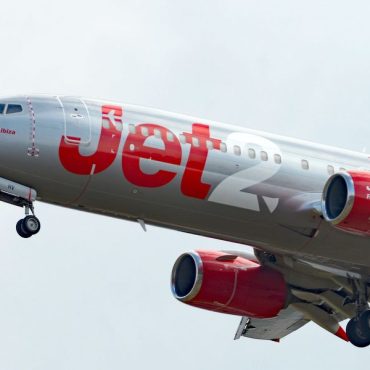


Post comments (0)